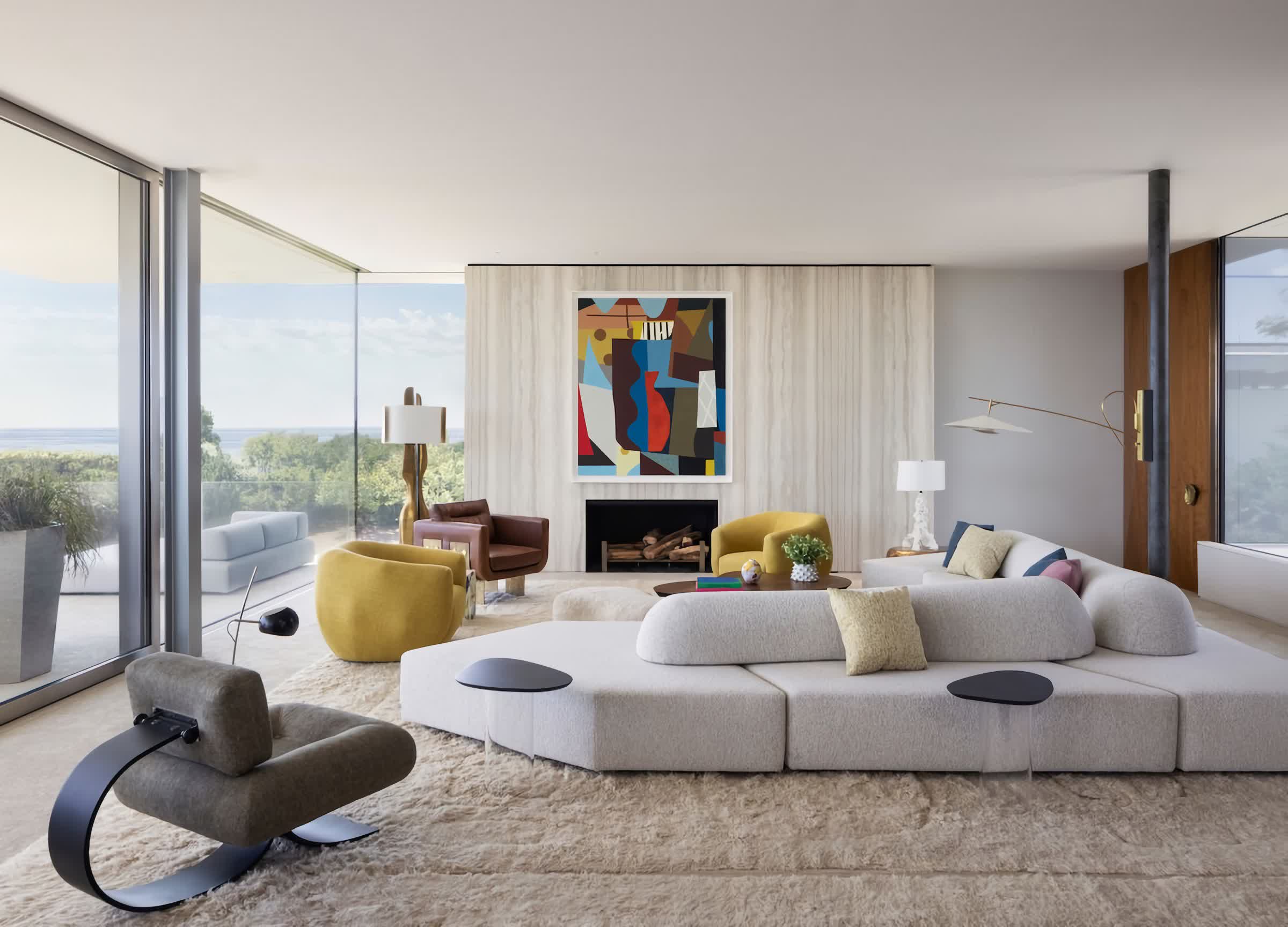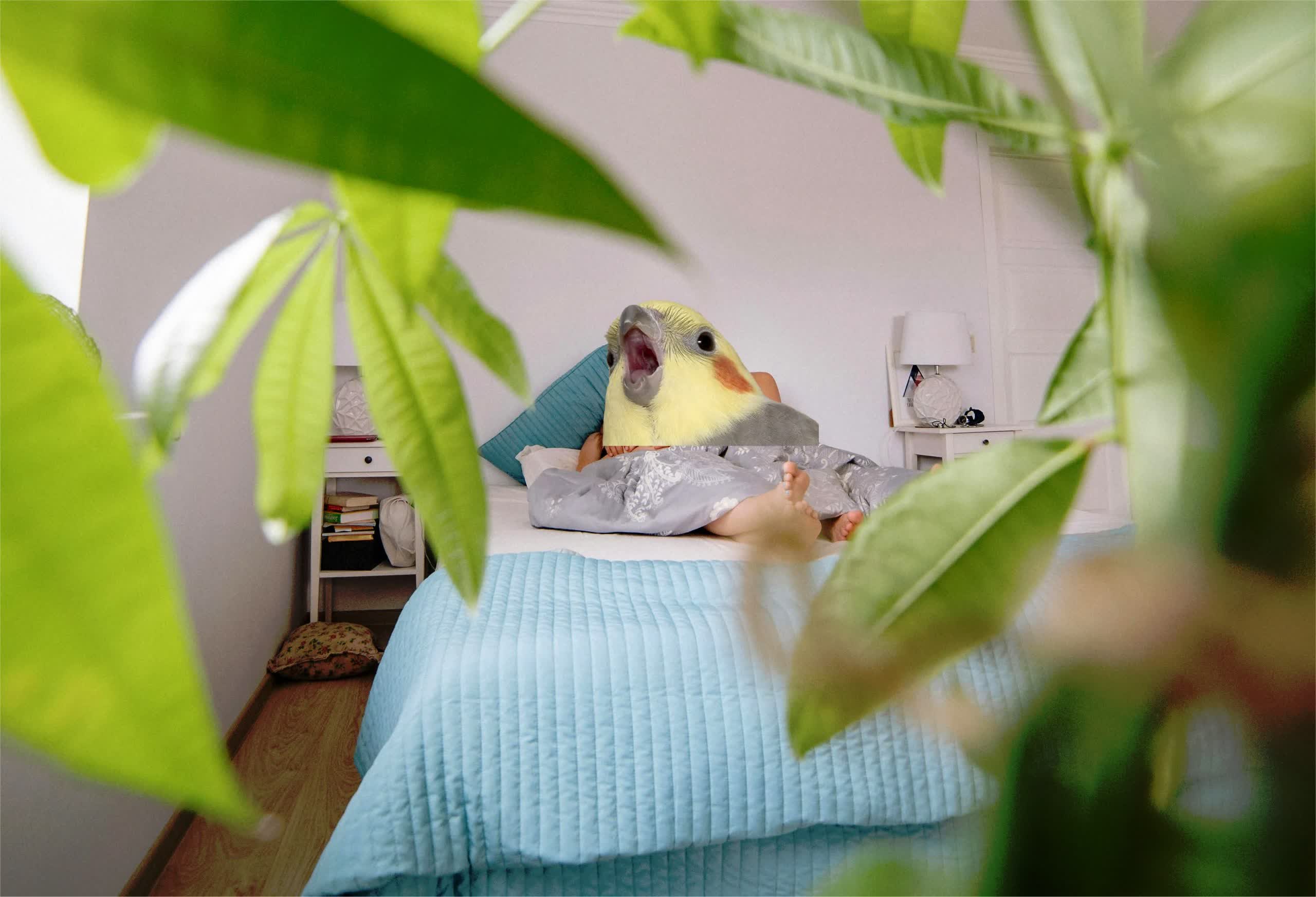A hot potato: While on vacation, there is a reasonable expectation of privacy within your booked dwelling. Most people would not be comfortable knowing the rental owner is watching or recording them during their stay. However, with hosts increasingly wanting to watch for damage, theft, and other violations, more guests discover they've been on Candid Camera.
On Monday, the vacation rental app Airbnb banned properties with indoor surveillance cameras. The company states it is prioritizing customer privacy. Airbnb hosts have until April 30, 2024, to remove any security cameras within the rental property, regardless of their placement or purpose.
Previously, hosts were allowed to have cameras in "common areas," like hallways, living rooms, entryways, and kitchens. Bathrooms and bedroom cams were not allowed for obvious reasons. Furthermore, hosts could not use hidden cameras. Airbnb required all video surveillance to be visible and disclosed in the rental listing. While the new policy forbids indoor cameras completely, outdoor cameras are still allowed. However, they must face away from windows. It also prohibits outdoor cameras situated to view or placed inside private areas, such as saunas or outdoor showers.
Another technology affected by the rule shift is decibel meters, which some hosts began installing when Airbnb banned renters from holding house parties in 2022. While these devices are still allowed, hosts must declare them in their rental description and can only place them in common areas. Video doorbells are still allowed as long as hosts declare them to guests.

The changes follow increased customer complaints regarding hidden cameras in their rentals, including in sleeping areas, which the rules have always disallowed. Until now, the company has maintained that there is not much it can do about covert surveillance.
Airbnb didn't indicate if there was any regulatory pressure leading to the ban, but increased scrutiny of privacy policies in other tech sectors makes this a distinct possibility.
"These changes were made in consultation with our guests, hosts, and privacy experts, and we'll continue to seek feedback to help ensure our policies work for our global community," said Airbnb Head of Community Policy and Partnership Juniper Downs.
These policies raise the obvious question of enforcement. How can Airbnb police millions of rental properties in hundreds of countries? It's a big ask for even the largest corporations. However, the company plans to rely on community policing. When Airbnb receives customer complaints about cameras inside the home, it will initiate an investigation. If it finds that hosts violated the camera rules, their rental listings could get pulled or banned.
The policy change might be a dealbreaker for many hosts who want the peace of mind that a rude or inconsiderate renter is not destroying their expensive rental property. However, looking at it from the perspective of a hotel, the camera ban makes a lot more sense and shouldn't hamper insurance claims or civil and criminal proceedings.
Under terms and conditions, Airbnb does not require guests to tidy up after their stay, as hosts are encouraged to add cleaning fees to the rental price. However, hosts can forward the costs of damages, missing items, or unreasonable messes to the renter after the stay. Most hotels do this to recover expenses from guests taking things they shouldn't, like towels, robes, and pillows, and it doesn't require 24/7 monitoring.
